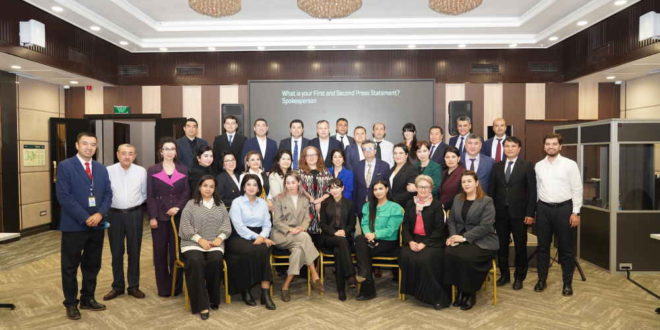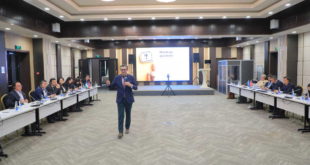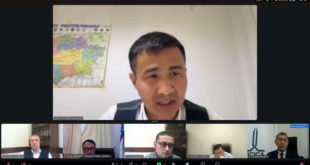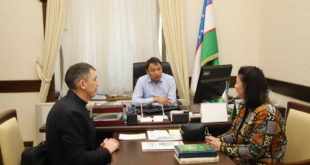Last week, UNESCO, in collaboration with the Center for Content Development for the Media under the Administration of the President of the Republic of Uzbekistan, conducted a series of training sessions for press secretaries of ministries and agencies as part of the “Building Accountability through Communication” project. The sessions, featuring in-depth discussions and practical exercises, were actively attended by Sherzod Mamatov, Head of the Center’s Press Service.
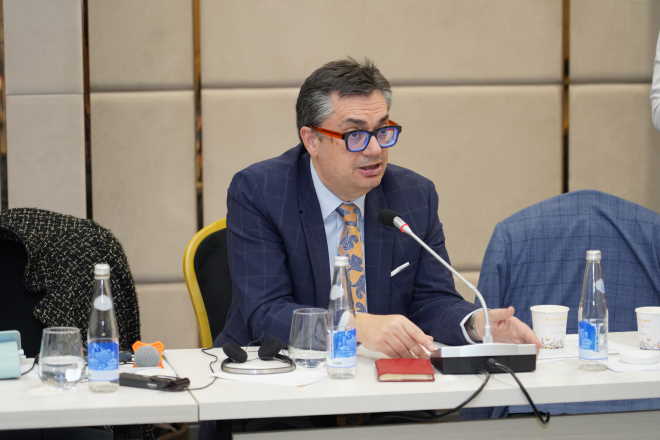
The trainers addressed topics including freedom of expression on social media and digital platforms, content moderation, platform policies and their enforcement, and provided participants with a comprehensive overview of the key principles outlined in the UNESCO Guidelines for Managed Platforms.
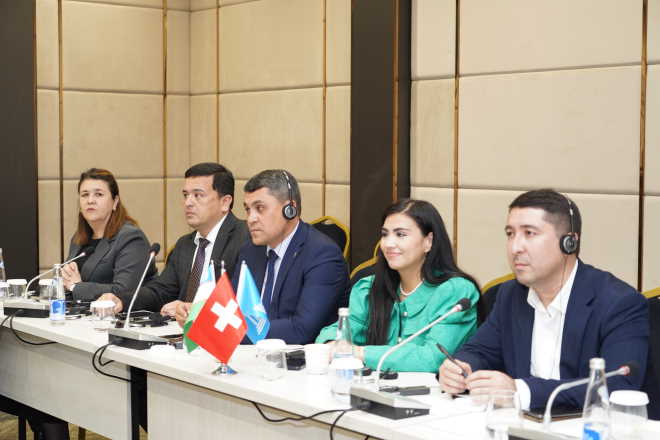
The sessions also addressed strategic communications planning and the establishment of interagency cooperation within government bodies. Emphasis was placed on the importance of adhering to a conceptual approach to information presentation—specifically, the “7 S” principle: Clear — information should be understandable; Concise — brief and to the point; Concrete — based on specific facts; Correct — accurate and error-free; Coherent — logically structured; Complete — comprehensive; and Courteous — delivered respectfully and politely. The training further highlighted the need for coordinated actions in advocacy and information exchange among government agencies.
Practical exercises were conducted in groups to develop strategic communication mechanisms and concepts. Participants enhanced their skills in defining the scope of information dissemination, engaging with priority audiences, and formulating key messages.
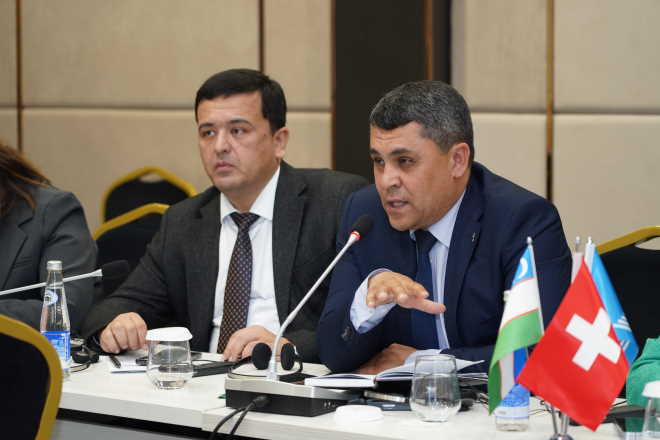
A portion of the training focused on contemporary methods of media engagement. Participants received practical guidance on preparing press releases, conducting interviews, interacting effectively with the media, organizing press conferences, and carrying out media monitoring.
One of the key components of the training program was group exercises on communication in crisis situations. Participants worked on decision-making and the development of rapid information strategies based on scenarios reflecting various real-life situations they might encounter.
The concluding segment addressed the impact of artificial intelligence on the information landscape, emerging threats, and communication strategies to mitigate them, while also summarizing the key findings and approaches presented throughout the training.
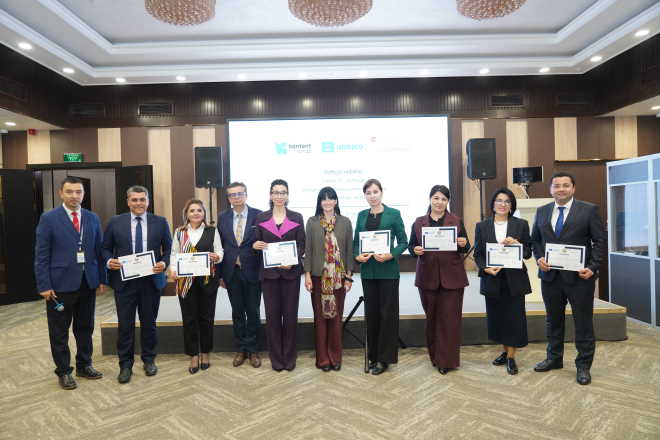
These training sessions represented a significant practical initiative aimed at further enhancing the culture of transparency, public accountability, and professional communication within government institutions.
Imam Bukhari International scientific Research Center
Press Service
 Imom Buxoriy xalqaro ilmiy-tadqiqot markazi bukhari.uz
Imom Buxoriy xalqaro ilmiy-tadqiqot markazi bukhari.uz







